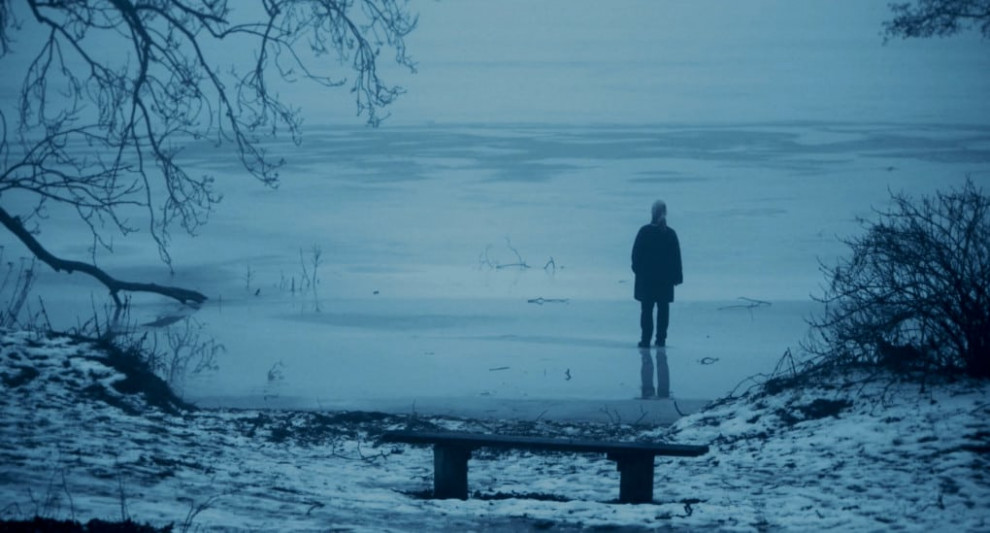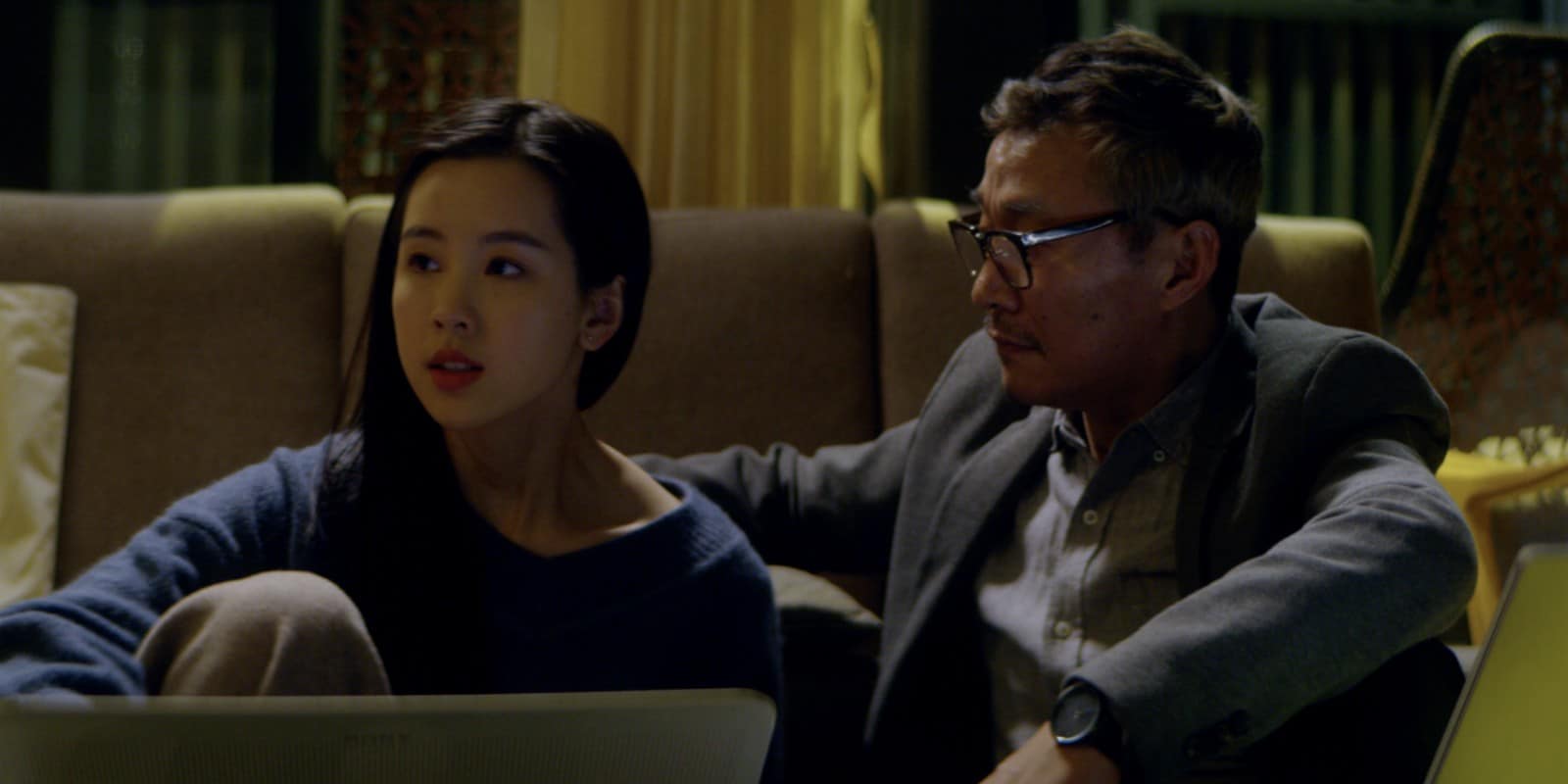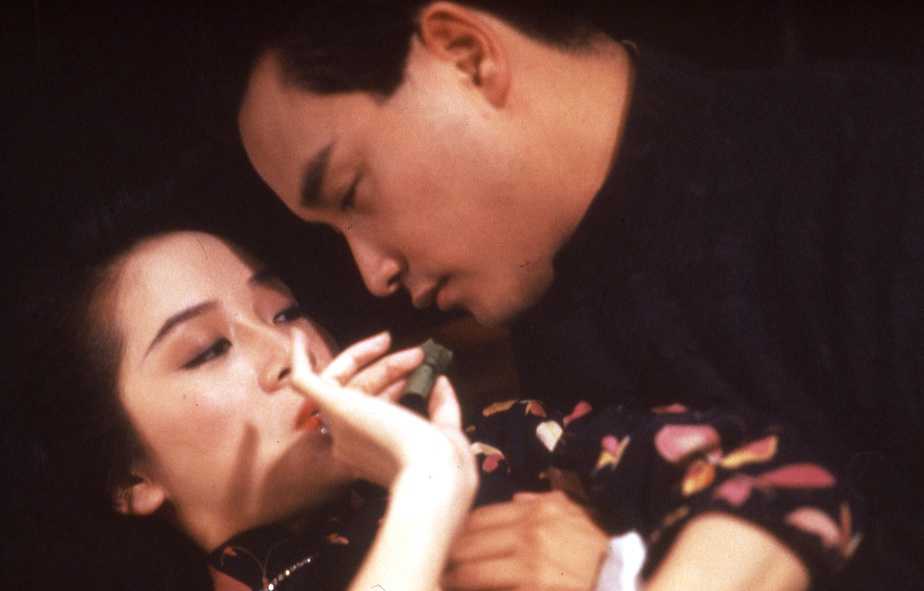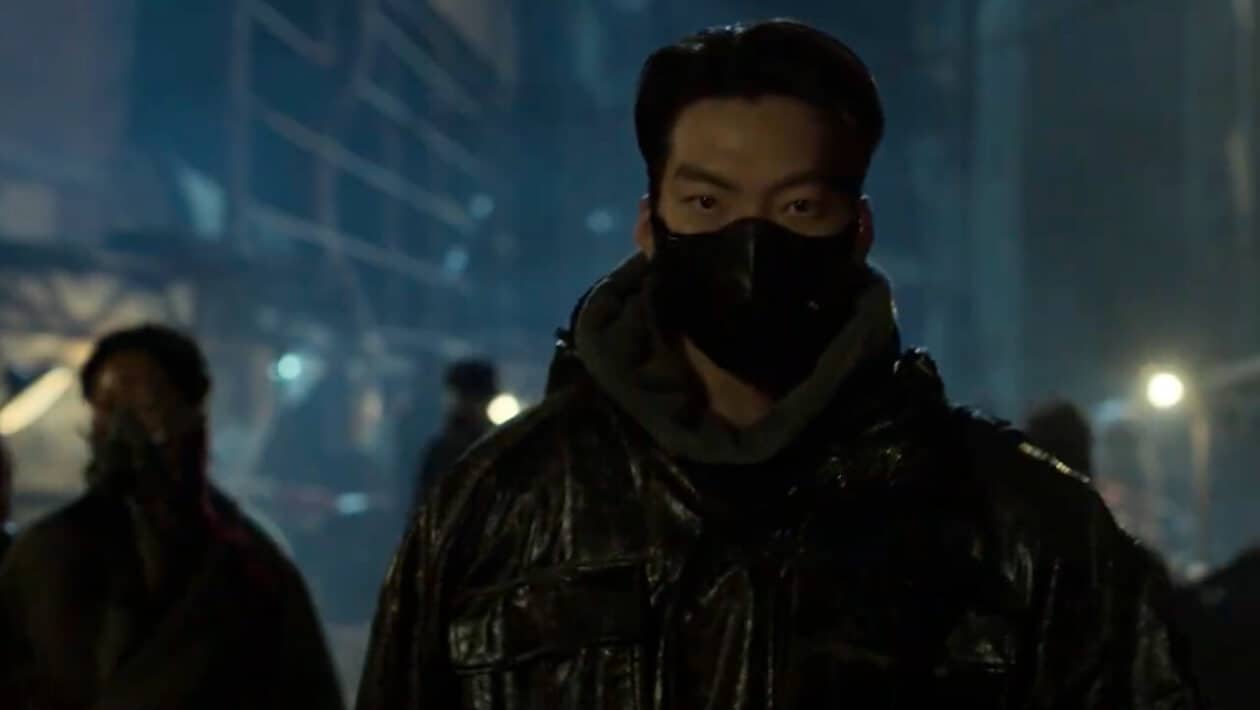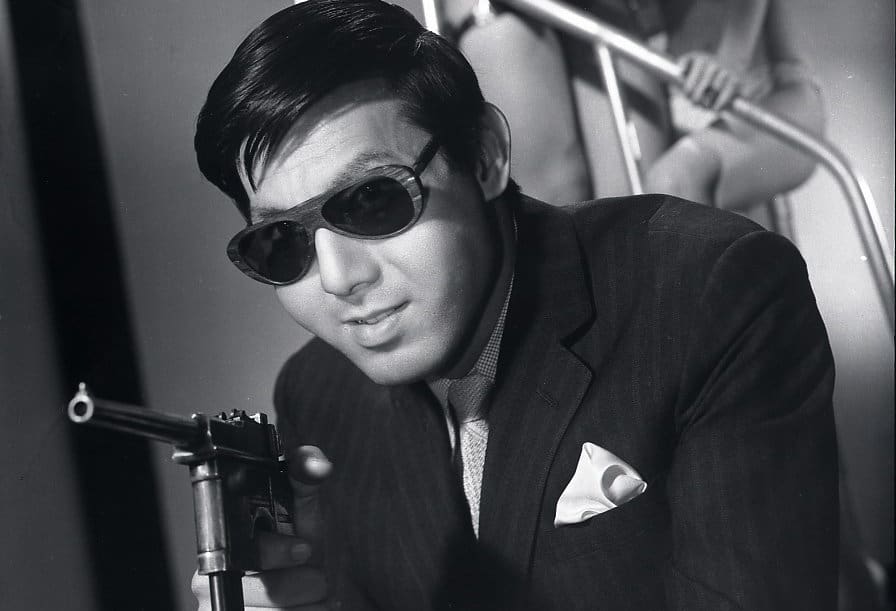“But I really want you to understand what I'm saying.”
If there is one thing a diligent reader can count on, it is the name of Haruki Murakami mentioned when it is time again to discuss candidates for the Novel Prize for Literature. Even though Murakami has become a phenomenon within a worldwide pop culture with millions of readers waiting for his next novel, he has thus far been ignored by the committee. However, the ceremony might just be a symbolic act, for the kind of feelings and loyalty the Japanese author has evoked within his readers are much more worth than any prize. Nevertheless, much of his fame and why readers feel so connected to the fictional worlds of the writer is thanks to his translators.
In his second film, Danish director Nitesh Anjaan follows Mette Holm, Murakami's translator in Denmark. While she works on translating his debut novel and the first part of the “Trilogy of the Rat” “Hear the Wind Sing”, his camera shows her meeting other translators, publishers and doing research in Japan. At the same time – and in true Murakami-fashion – a giant frog appears and stalks her, wanting her to join his fight against Worm, a creature filled with hatred ready to consume the entire world.

Ultimately, it does not matter which of Murakami's work you read, its blend of fantasy and realism is what fascinates most readers while it is precisely this aspect many also struggle with. In any case, director Nitesh Anjaan has found an approach to this world, this feeling of being wonderfully captured in this world which is strange and familiar at the same time. Mette Holm expresses these thoughts throughout the film supported by her work as well as her biography, which in the end brought her close to literature, Japanese culture and language.
Although it might seem irrelevant to some, the translator plays a significant part in delivering what defines a work. During a meeting with Murakami's Polish and German translator, one of them makes the observation how it is not so much about translating itself, but delivering a certain tone, atmosphere and style which makes one artist unique. Interestingly, this tone can be seen in “Dreaming Murakami”, especially in scenes showing Holm as a solitary character, even though she might be in a crowded bar or a meeting. Much like many of the writer's protagonists, this solitude bears less negative connotations, but is a state of harmony and satisfaction with the world outside, as well as with the inner self.
According to the understanding of Murakami's work and the work of translators such as Holm, it is about creating those spaces of loneliness where one feels at home and at peace. Whereas many would regard his work apolitical, this critique fails to understand the simple notion how one longs for a meaningful connection with the self, perhaps even more so in our globalized world.

While contemplating the meaning of Murakami's themes within our world, Anjaan focuses on the work of Holm, her struggle with capturing the essence of the writer's language. Besides the difference between Danish and Japanese, one of the core ironies lies in the simple, yet multi-layered language of Murakami. In showing Holm's research, discussions with colleagues and her trips to Japan, Anjaan achieves to make his audience appreciate the kind of work people like Holm do. It also highlights the significance of her contribution to what makes the joy of reading a Murakami novel and diving into this unique world.
“Dreaming Murakami” is an insightful documentary about the making of literature, about language and why we are fascinated with fictional worlds. In Mette Holm as the central figure, Anjaan has found a likable, intelligent protagonist who shares insight into her work and her connection to literature, to Japanese culture and Haruki Murakami's novels. This is a wonderful film for fans of the writer and of literature in general about the great feeling of happiness when one reads a novel and finds someone who understands.


